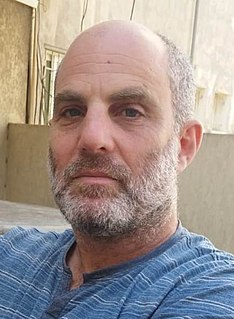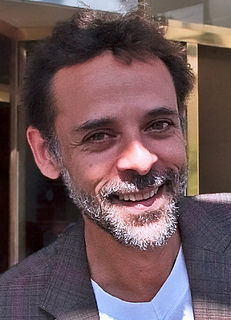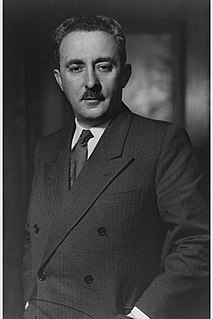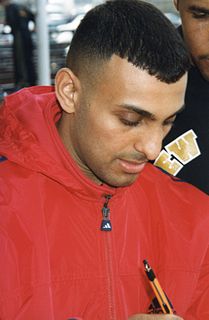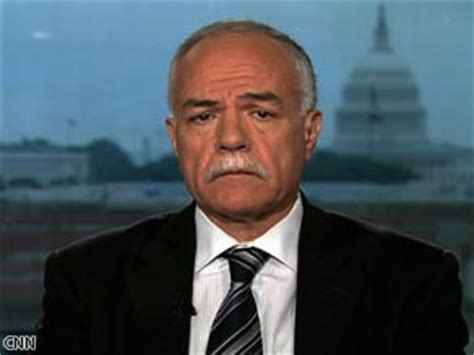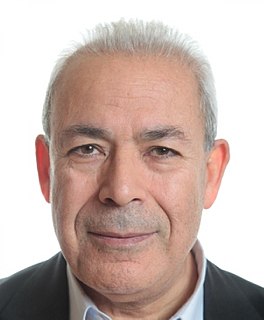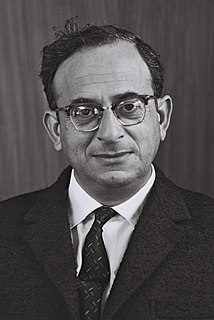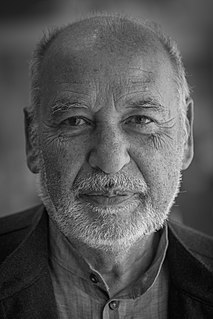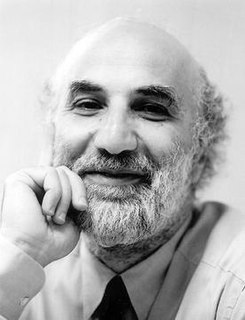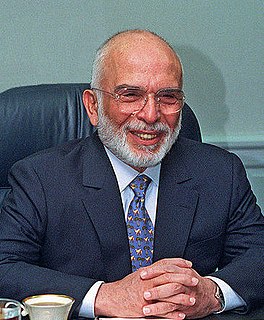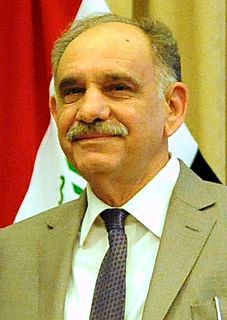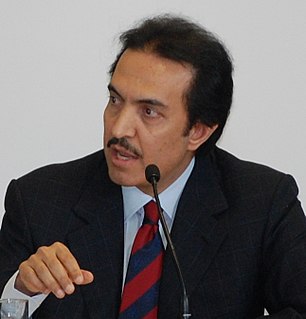Top 1200 Arab World Quotes & Sayings
Explore popular Arab World quotes.
Last updated on December 21, 2024.
All mankind is from Adam and Eve, an Arab has no superiority over a non-Arab nor a non-Arab has any superiority over an Arab; Learn that every Muslim is a brother to every Muslim and that the Muslims constitute one brotherhood. Nothing shall be legitimate to a Muslim which belongs to a fellow Muslim unless it was given freely and willingly. Do not, therefore, do injustice to yourselves.
Recall that the United Nations commissioned Arab scholars and analysts to publish the Arab Human Development Report. What causes the backwardness, the scholars wondered, of 22 Arab states, covering nearly 300 million people? Their conclusion? Of all world regions, the Arab countries scored the lowest in freedom, media independence, civil liberties, political process and political rights.
I think the Arab world has no personality cult situation going on that they have in much of the Western world, South America included. They are a culture of words and religion, and you won't see manycsa charismatic people on Al Jazeera, except for the ones who are now learned presenters. You see Arab leaders getting on TV - which was very hard for me working out how to do the part, since Arab leaders are looking somnambulant, staring into their microphone, almost as if someone's got a hand up their back.
Traditionally Marxism attracts the oppressed. This, however, is not the case in the Arab nation... The socialist programs in Arab history did not always come from the poor, but from men who had known no oppression and became the leaders of the poor. The Arab nation has never been as class-conscious as other nations.
All dignified people in the world, whether Arabs or Muslims or others with dignity, are very proud of the speech made by president Bashar al-Assad a few days ago here in Damascus. For me he is the last Arab ruler, and Syria is the last Arab country. It is the fortress of the remaining dignity of the Arabs, and that's why I'm proud to be here.
Jordan is many different things and there's many different parts of it. We don't ever really get to see a modern Arab city, a part of the Arab world where people are seemingly living their lives like everywhere else and also just a part of the Arab world that's surprisingly Americanized, with fast-food joints everywhere and shopping malls. Over the 30 years I've been traveling there, I really saw it grow and become modernized and much more Americanized in a way that surprised me as an Arab-American.
There is something very consistent about governance in the Arab world. Among the Arab countries today in which there is a modicum of internal stability, each is controlled by an Arafat-type figure - an anti-democratic strongman who is able to crush all challenges to his authority. Likewise, among those Arab countries that aren't ruled by a despot, the political dynamic is also consistent: In Lebanon, Iraq, and now Gaza, sectarian violence is the dominant form of political expression.
Saudi Arabia is the most fragile of all Arab states, though we're not saying so. And, unfortunately, bin Laden puts his finger on the other longstanding injustices in the Arab world: the continued occupation of Palestinian land by the Israelis; the enormous, constant Arab anger with the tens of thousands of Iraqi children who are dying under sanctions; the feelings of humiliation of millions of Arabs living under petty dictators, almost all of whom are propped up by the West.
Throughout all the years and in everything we do, we have focused most of all on the development of human capacity, beginning with our own professional staff, and leveraging their expertise to enrich the Arab community. We have embraced the concept of the 'knowledge worker' and have sought to empower our people and the Arab world's people to dream, to imagine, and to create.
Only in the Roman Empire and in Spain under Arab domination has culture been a potent factor. Under the Arab, the standard attained was wholly admirable; to Spain flocked the greatest scientists, thinkers, astronomers, and mathematicians of the world, and side by side there flourished a spirit of sweet human tolerance and a sense of purist chivalry. Then with the advent of Christianity, came the barbarians.
An Arab activist can take pride in the Arab heritage of mathematics and science or he can take pride in his religion, and there's pride to be taken in both. But one of them could be exploited much more easily and has been in the context of world conflict. And the other is very difficult to do on the grounds that science and literature and mathematics have been among the uniting factors in the history of the world.
Unfortunately, Osama bin Laden puts his finger on the other longstanding injustices in the Arab world: the conying so. And, tinued occupation of Palestinian land by the Israelis; the enormous, constant Arab anger with the tens of thousands of Iraqi children who are dying under sanctions; the feelings of humiliation of millions of Arabs living under petty dictators, almost all of whom are propped up by the West.
Whether Osama bin Laden is doing it cynically and has no interest in these matters, or whether he's doing it out of genuine conviction, his voice has a tremendous resonance throughout the Arab world. One editorial in a Lebanese paper said it is a matter of great humiliation for the Arabs that the only man who can outline, truthfully, what our humiliations are is an Arab who has to say it from a cave in a foreign country.
I want a future where my children feel safe and appreciated and proud to be who they are. My heart is one with all the Arab Spring heroes, no matter how small they think their role is. I know they believe, like me, that we are working for a world whereby an Arab can live with the other in a respectful and dignified way.
Jewish villages were built in the place of Arab villages. You do not even know the names of these Arab villages, and I do not blame you, because these geography books no longer exist; not only do the books not exist, the Arab villages are not there either. Nahalal arose in the place of Mahalul, Gevat - in the place of Jibta, Sarid - in the place of Haneifs and Kefar Yehoshua - in the place of Tell Shaman. There is no one place built in this country that did not have a former Arab population.
That's part of the problem with these conflicts. We're not close enough to it. If we don't try to get really close to what these guys - men, women, Americans, and now, with this Arab Revolution, young Arab men, Young Egyptians and Libyans - are experiencing, you don't understand the world, essentially.
The history of Israel-Palestine conflict cannot be understood without its underlying emotional meanders. The emotional frameworks of the loss of Palestine for the Arab-Islamic world touched deep scars that go back to the Crusades, symbolizing a proof of Arab-Islamic decay, political impotence, and perceived (British/French) betrayal and antagonism.
In many parts of the world, including the Arab world, the Latin American world, and even parts of the Western world, there is a tradition of writers being quite engaged. Particularly in the Arab world you have had very, very strong traditions of literature and poetry and most of the writers have been deeply committed to the cause of the Arab nation.
Almost every peace process that has gone on between the Arab side and Israel, the United States has been somewhat isolated because most of the countries in the world, what they really want is to accept the Arab peace plan or so-called peace plan, which in its present form would lead to the destruction of Israel.
What is irreversible in the Arab world is this intellectual revolution, the awakening that we can get rid of dictators. That is here, and the people have this sentiment and this political power. They feel that they can do it, and it's still there. At the same time, we don't know what is going to happen. So to be very quick by saying, "Oh, revolutions and Arab Spring," and - you know, what I'm advocating is to take a cautious optimism as the starting point of our analysis and to look at what is happening.


